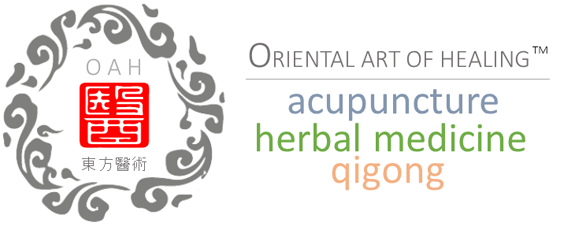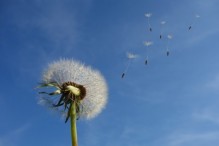Traditional Chinese Medicine (TCM) views springtime allergies as related to the Element of Wind, caused by an imbalance in the flow of qi. Symptoms include sneezing, congestion, watery eyes and runny nose. Allergies are called Bi Yuan or “Nose Pool” which is said to come from a deficiency in Wei Qi; the defensive force that protects from wind.
TCM practitioners will often use a variety of disciplines to treat allergies and strengthen qi including: herbs, acupuncture and qi gong.
Chinese Herbs have been used for centuries for the treatment of seasonal allergies. Te Xiao Bi Min Gan Wan formula is designed to treat weak lung qi and or low wei qi with nasal discharge/phlegm. Symptoms may include runny nose, sneezing, sinus pressure, itchy nose, and congestion. Ask your practitioner if this formula is right for you!
Traditional Chinese Medicine says that the health of the eyes is heavily related on the state of the liver. These precious organs are nourished and moistened by the liver blood. Dry eyes, redness, blurred vision and poor eyesight are some signs of a deficient liver or the flaring up of liver fire. Including foods like carrots, spinach, liver and goji berries can help strengthen eyes and tonify the liver.
Many individuals with eye issues have found significant improvement and have benefited with the help of acupuncture and Chinese herbs.
Ask your practitioner for more information.
References:
Goodman, S. (2014). Chinese Herbs and Spring Allergies. Pacific College of Oriental Medicine. http://www.pacificcollege.edu/news/blog/2014/09/01/chinese-herbs-and-spring-allergies.
Goodman, S. (2014). Improving Vision with Traditional Chinese Medicine. Pacific College of Oriental Medicine. http://www.pacificcollege.edu/news/blog/2014/09/27/improving-vision-traditional-chinese-medicine.


